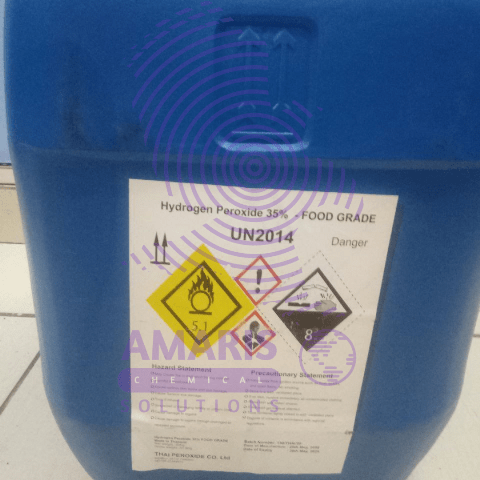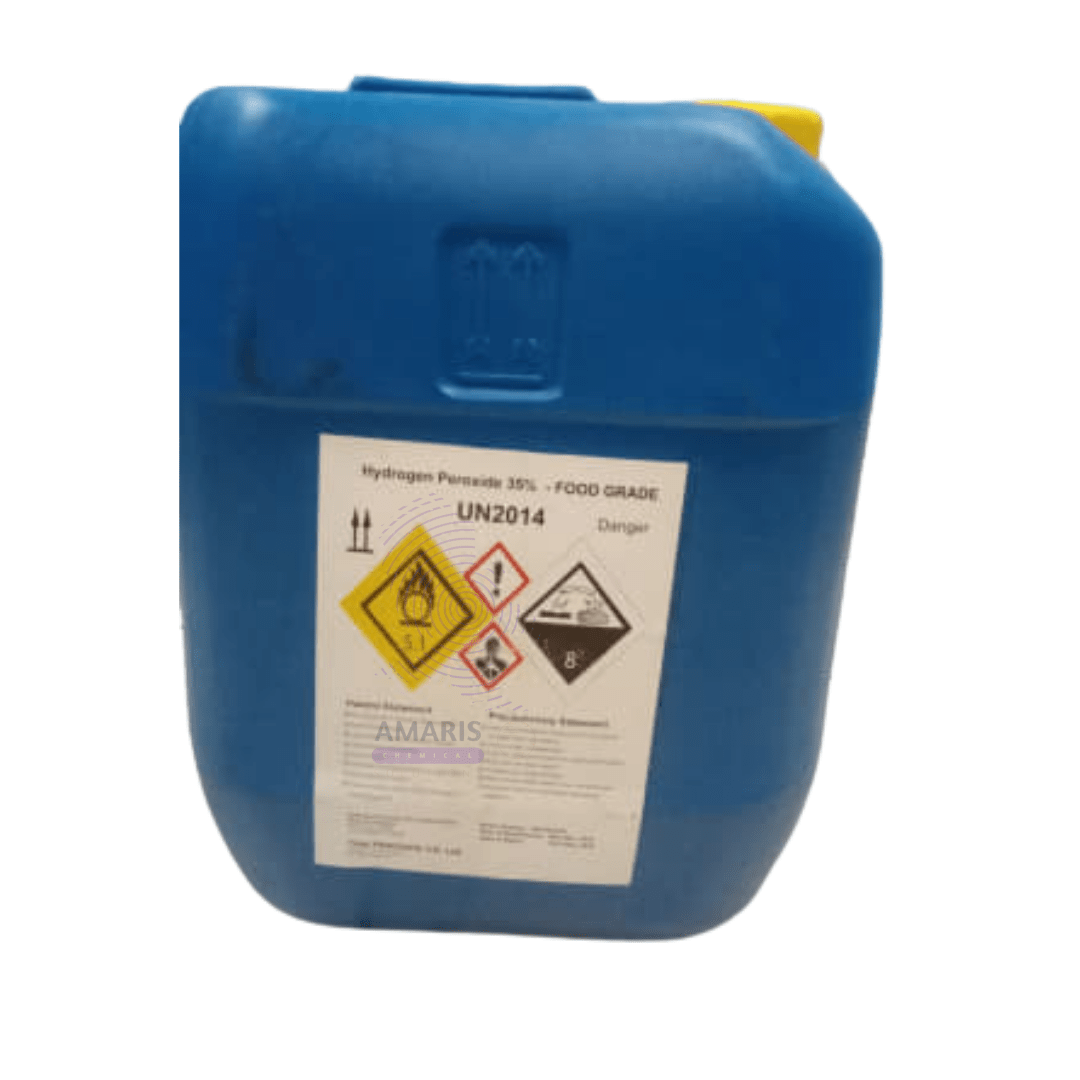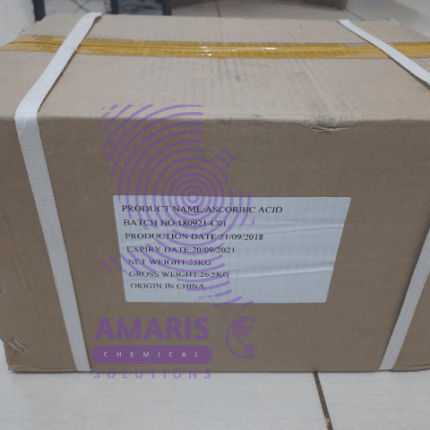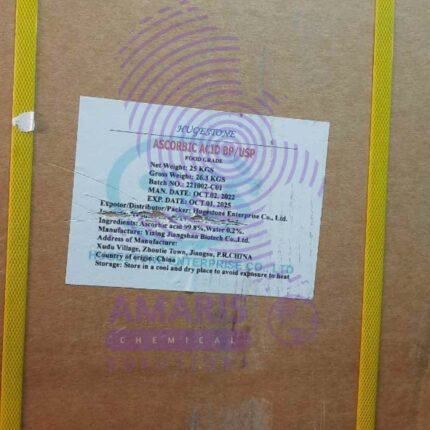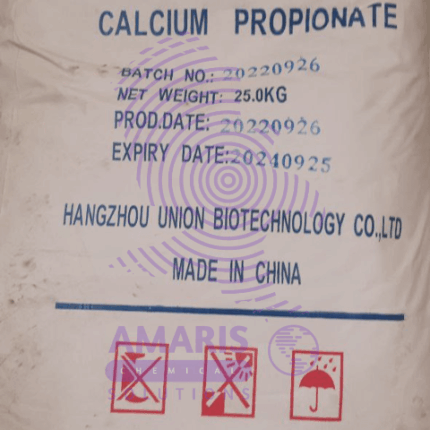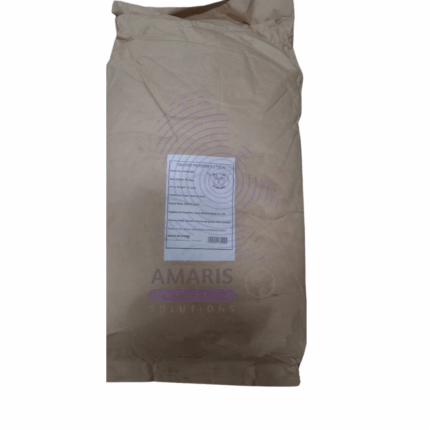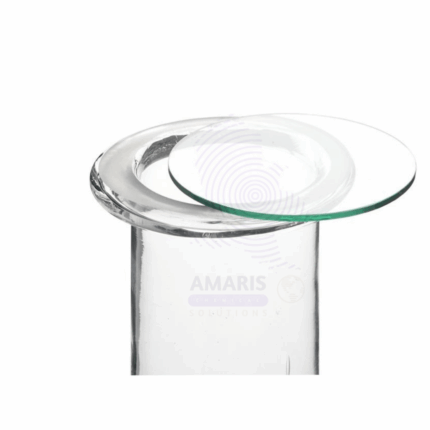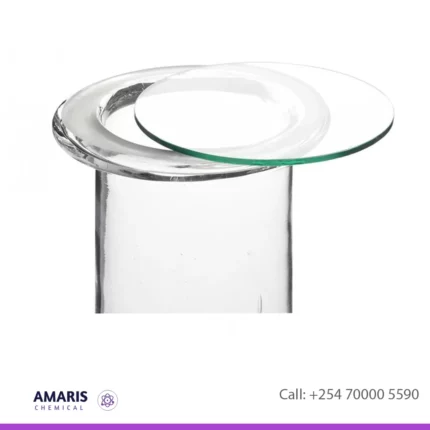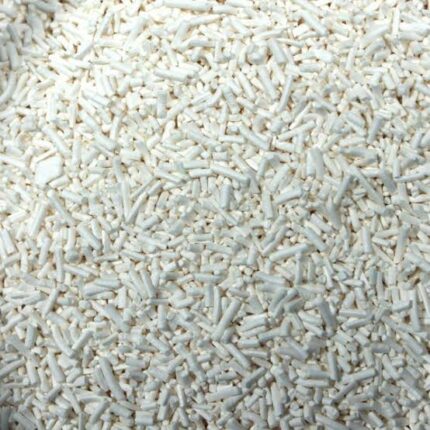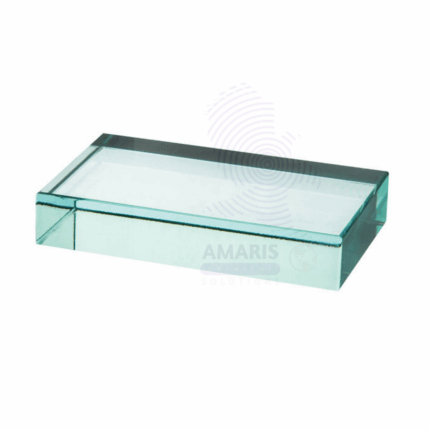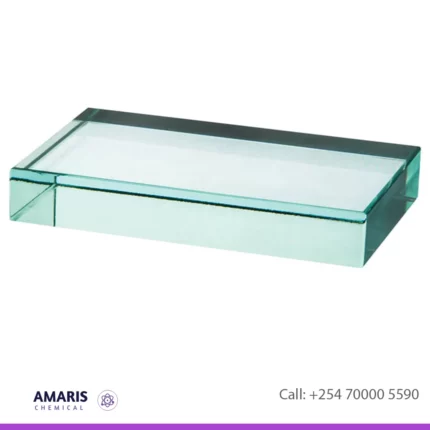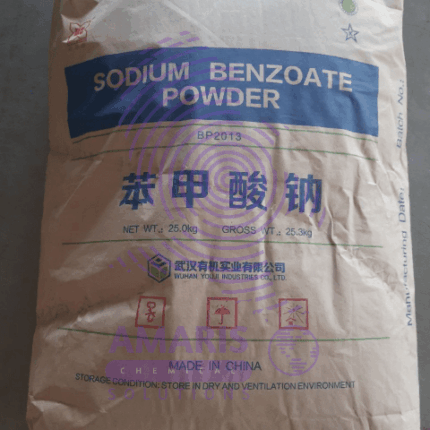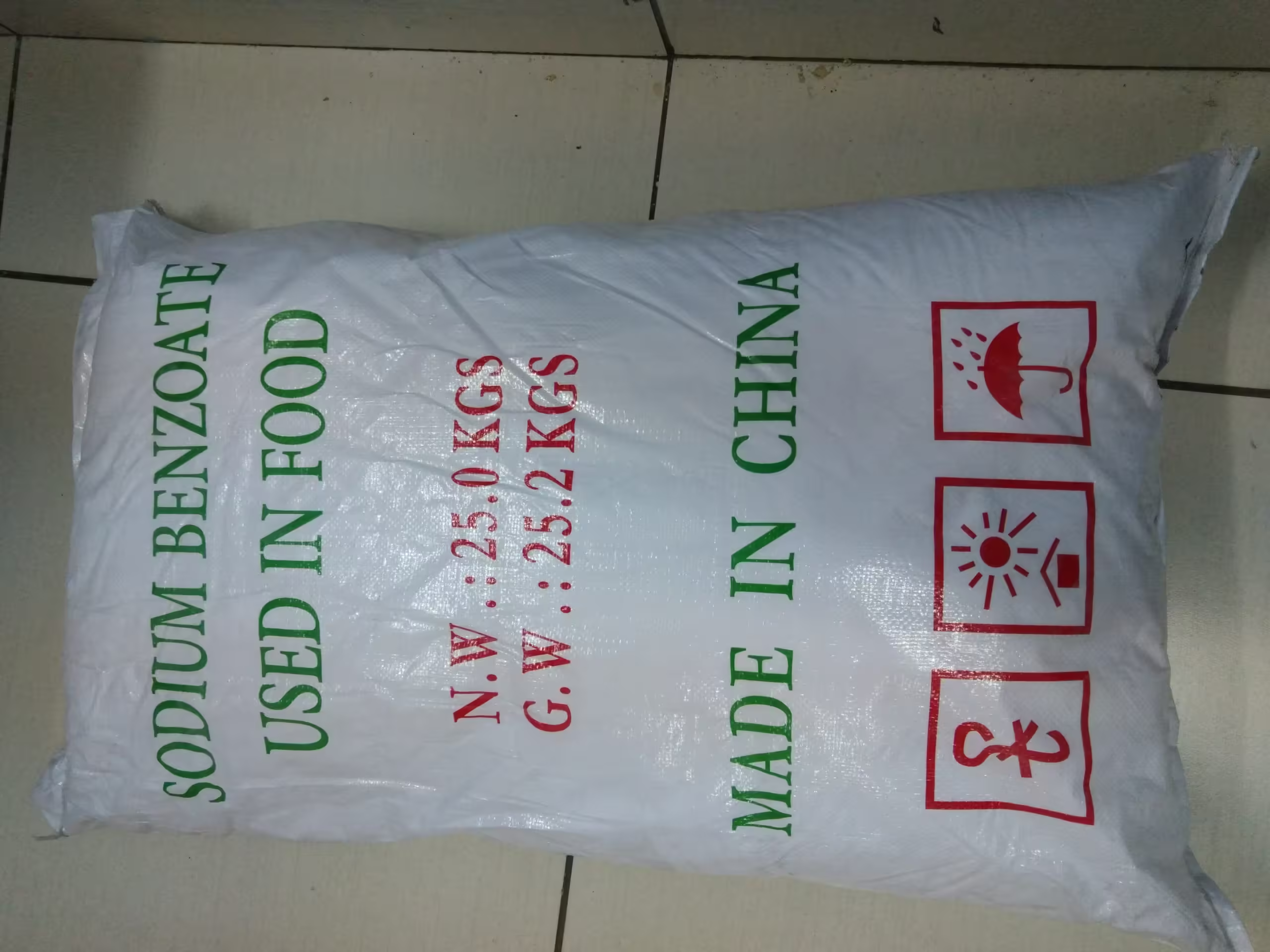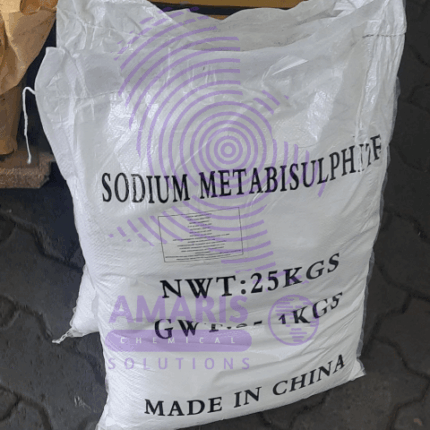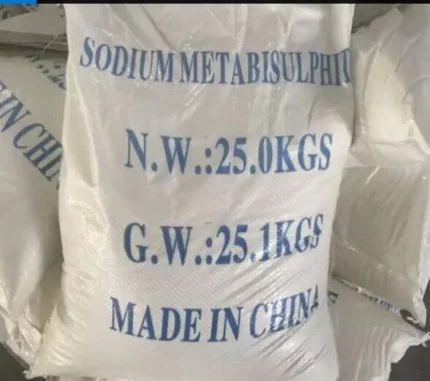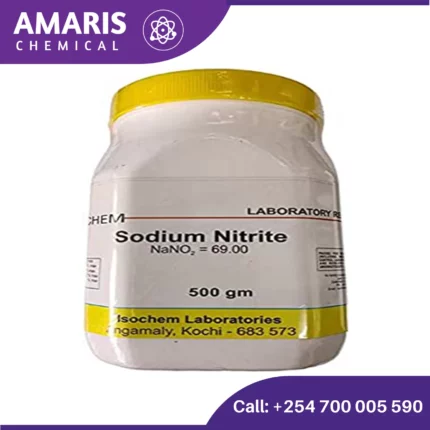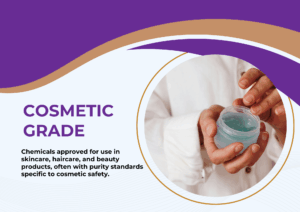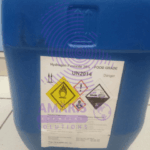
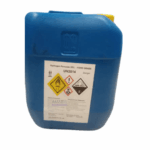
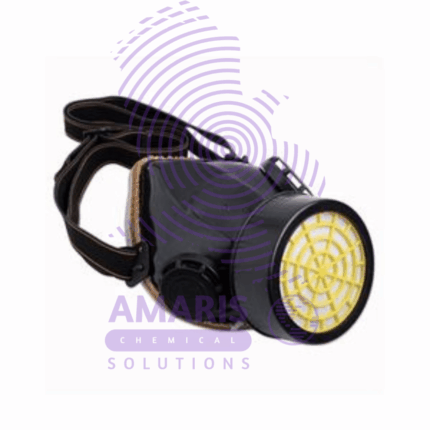
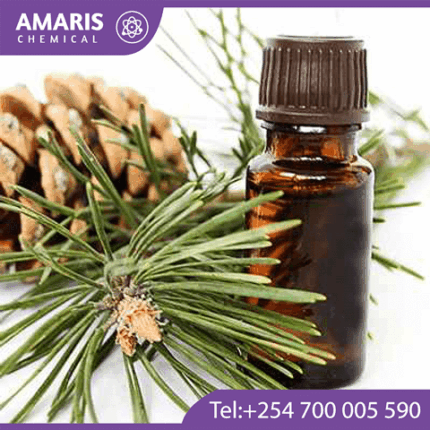
Hydrogen peroxide 35% food grade
KSh6,900.00 Original price was: KSh6,900.00.KSh6,800.00Current price is: KSh6,800.00.
Hydrogen peroxide is a chemical compound with the molecular formula H2O2. It is a colorless and odorless liquid, which appears slightly more viscous than water. Hydrogen peroxide is a powerful oxidizing agent, meaning that it readily releases oxygen atoms in chemical reactions. It is commonly used as a disinfectant, bleaching agent, and in the production of other chemicals. In its pure form, hydrogen peroxide is highly reactive and can be dangerous, but when properly diluted, it can be used safely for a variety of applications.
Uses of Hydrogen peroxide
Disinfectant:
Hydrogen peroxide is widely used as a disinfectant for surfaces, wounds, and medical equipment. It is effective against a wide range of microorganisms, including bacteria, viruses, and fungi.
Bleaching agent:
Hydrogen peroxide is a powerful bleaching agent and is commonly used in the textile and paper industries to whiten fabrics and paper products.
Water treatment:
Hydrogen peroxide is used in water treatment plants to remove organic pollutants and to disinfect water.
Hair and teeth whitening:
Hydrogen peroxide is commonly used as an active ingredient in hair and teeth whitening products.
Rocket propellant:
Hydrogen peroxide can be used as a rocket propellant in the aerospace industry.
Chemical synthesis:
Hydrogen peroxide is used in the synthesis of a wide range of chemicals, including epoxides, peracids, and peroxides.
Environmental applications:
Hydrogen peroxide can be used to clean up oil spills and to treat contaminated soil and groundwater.
Related products
Ascorbic acid 25kg
Calcium propionate 25kg
Gas Jar Lid
Potassium sorbate
Rectangular Glass Block
- Windows: In laboratory buildings, rectangular glass blocks are often used as windows to allow natural light into the space while maintaining safety and privacy.
- Partition Walls: Glass blocks can be used to construct partition walls within the laboratory, separating different work areas while still allowing visibility and light transmission.
- Observation Windows: In controlled environments such as cleanrooms or containment labs, rectangular glass blocks may be installed as observation windows, allowing researchers to monitor experiments or processes from outside the controlled area.
- Fume Hood Windows: Glass blocks are sometimes used as windows in fume hoods, providing a transparent barrier between the user and hazardous chemicals or fumes while still allowing observation of experiments.
- Light Transmission: Glass blocks can also be used in experimental setups where controlled light transmission is required, such as in optical experiments or photobiology studies.
- Decorative Elements: In some cases, glass blocks are used for aesthetic purposes in laboratory design, adding visual interest to the space while still providing functional benefits like light transmission and visibility.

